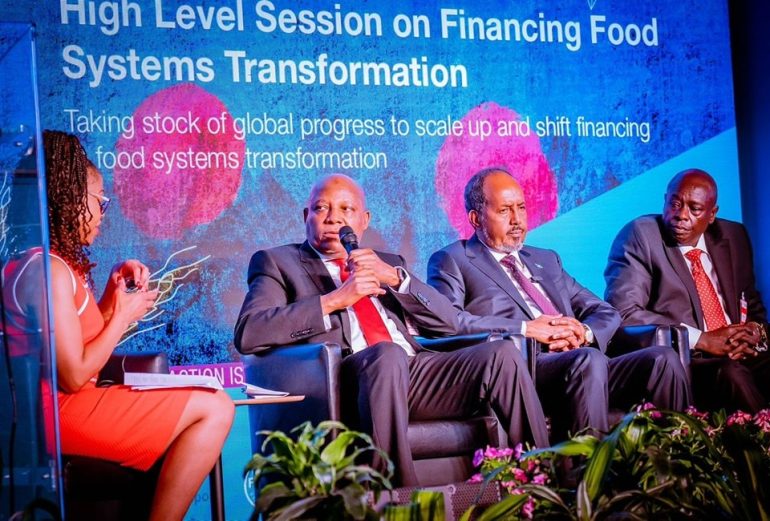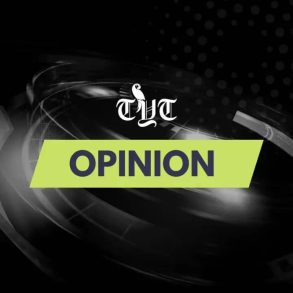Vice-President Kashim Shettima has said that Nigeria no longer needs handouts from developed economies, but seeks real partnerships and investments.
Shettima spoke at the on-going UN Food Systems summit in Rome, according to a statement on Monday.
Referencing Napoleon Bonaparte, a French military commander and political leader, the vice-president said recent economic policies such as the subsidy removal and the unification of the country’s foreign change system had put Nigeria on a pedestal for mutually beneficial partnerships, rather than handouts.
“Napoleon Bonaparte once said, ‘China is a sleeping giant. Let her sleep, for when she wakes, she will shake the world.’ President Bola Tinubu is poised to redefine the meaning and concept of modern leadership in Nigeria, the Giant of Africa, which had woken up from its slumber and is now poised to move the world.
“Nigeria needs no handouts, but real partnerships. We have removed the albatrosses of fuel subsidies and multiple exchange rates from our necks; hence, we are seeking investments for mutually beneficial partnerships, not handouts”, he said.
Since he ascended to power, Tinubu has introduced critical reforms in attempts to fulfill his campaign promises of economic prosperity.
The president, in a rousing speech on May 29, declared the termination of petrol subsidy payments.
On June 14, the Central Bank of Nigeria announced the unification of all segments of the forex exchange (FX) market, implying that the exchange rate will rise or fall based on market forces.
Tinubu, at a civic reception organised in his honour by the Lagos State government, said he decided to unify the official and parallel market rates to save the country from financial hemorrhage.
“We need to take the steps to stop the bleeding of our finances through speedy action on fuel subsidy. We have no choice,” the president had said, defending his actions.
Although the policies have led to more hardship in the country as prices continue to climb, renowned economists have lauded Tinubu for the reforms.
David Malpass, former president of the World Bank, had said Tinubu was “taking concrete steps to scrap Nigeria’s harmful government subsidies and multiple exchange rates”.
“These are important steps toward currency stability, lower inflation, and reduced corruption in Africa’s most populous country,” he added.






